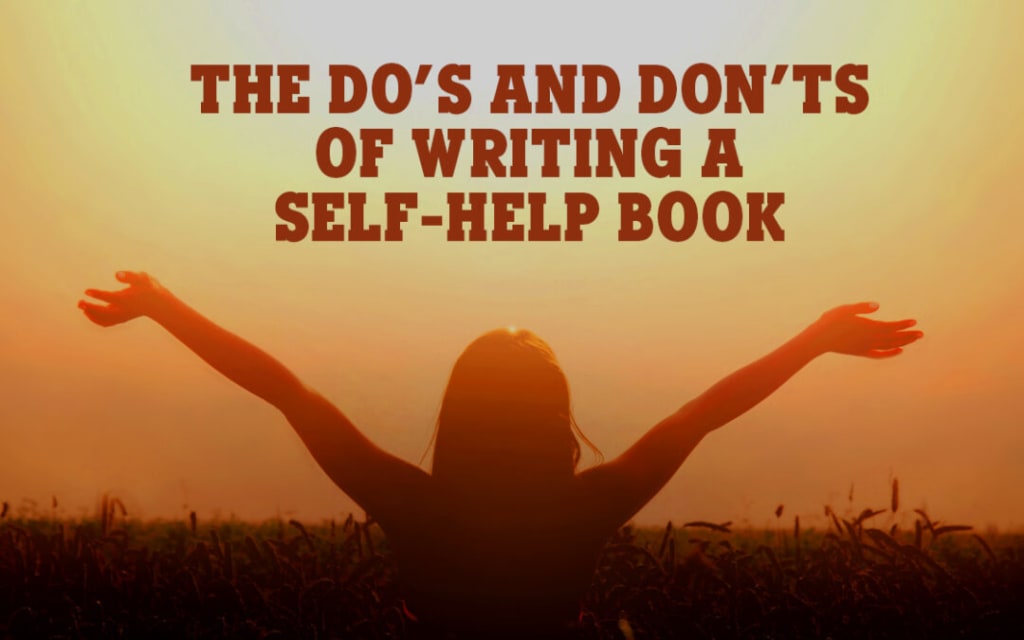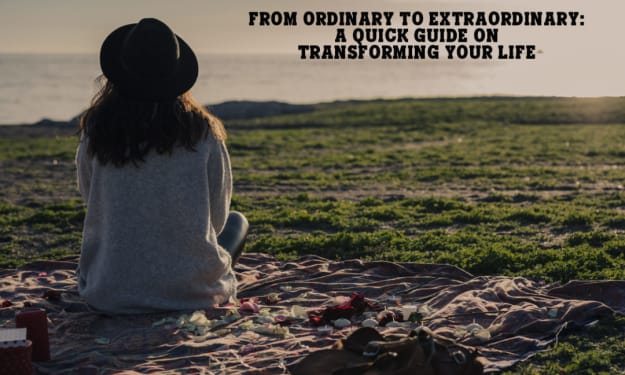The Do’s and Don’ts of Writing a Self-Help Book
The Do’s and Don’ts of Writing a Self-Help Book

Self-help literature is becoming more and more popular nowadays. In almost every bookshelf (both actual and online), the self-help section is always packed with plenty of options for the readers. Self-help books, in general, are books that are written for the purpose of instructing and helping people in solving personal problems and achieving certain goals. They talk about a wide range of topics, and they are sometimes referred to as the literature for self-improvement.
The Pursuit of the Personal Renaissance Experience by Peter Justus is a great example of a self-help book that appeals heavily to the interest of many readers. It talks about finding opportunities for happiness in each moment. It also provides the readers with some useful tools that they can use to live a happier life. Just like most of the other books in the genre, Peter Justus’ The Pursuit of the Personal Renaissance Experience aims to help the readers overcome a personal issue or achieve a specific goal.
If you are an aspiring author who wants to write a good self-help book like The Pursuit of the Personal Renaissance Experience, then this article is especially for you. Below are some of the most important things that you should learn and keep in mind to be able to create an effective literature for self-improvement – they are the do’s and don’ts of writing a self-help book.
Talk about a specific topic, don’t be too general
To write an effective self-help book, you need to target a specific area of personal improvement. This means that the content of your book should talk about a specific topic that caters to the need and sparks the interest of a specific group of people. Doing this will allow you to build a readership, and it can provide your book with a unique direction for the readers.
When writing a self-help book, avoid being general as much as possible. Do not speak broadly about concepts or themes such as spirituality or personal growth. Instead, pick a particular topic that comes under your chosen theme. In The Pursuit of the Personal Renaissance Experience, for example, Peter Justus does not just talk vaguely about happiness. Rather, he talks particularly about how people can find opportunities for happiness in the ever-present now. To help you ensure that your book is not too general, you can break it down into sections, each of which tackles a different aspect of the same topic.
Use relatable examples, don’t write from the imagination
Relatability is important in writing a self-help book. When authors write self-help books, one of their most common goals is to help the readers in dealing with their personal issues or in achieving personal improvement. To do this, of course, you need to write something that hits close to home. The readers should be able to relate to the content of your book.
To be able to come up with a useful self-help book, do not write from the imagination. Instead, write according to what is real. Your book should reflect the reality in order for the readers to relate to it. In your book, use relatable examples that occur in real life instead of creating hypothetical situations. At the end of it all, your book should be able to convince the readers to believe that they can overcome an existent problem or achieve a certain realistic goal.
Write with the intention of helping, don’t write merely for the money
This is the most important thing that you should keep in mind when writing a self-help book – your intention should be pure and driven by a desire to help others. Writing a self-help book requires a soul. You need to be able to write from the heart in order for your book to be effective in attaining its purpose.
As much as possible, do not write a self-help book merely for the money. Doing so might take the substance out of your work. Although profit is a necessary compensation for your time, effort, and generosity in sharing your ideas and experiences, it should not be the main reason why you choose to write a self-help book. At the end of the day, the quality and effectiveness of a self-help book are not measured in terms of how much money it has generated, but rather in terms of how much impact it has on the readers.
About the Creator
Georgia Wilson
Writer in ReadersMagnet. Novel Writer. Soon to be an Author.






Comments
There are no comments for this story
Be the first to respond and start the conversation.